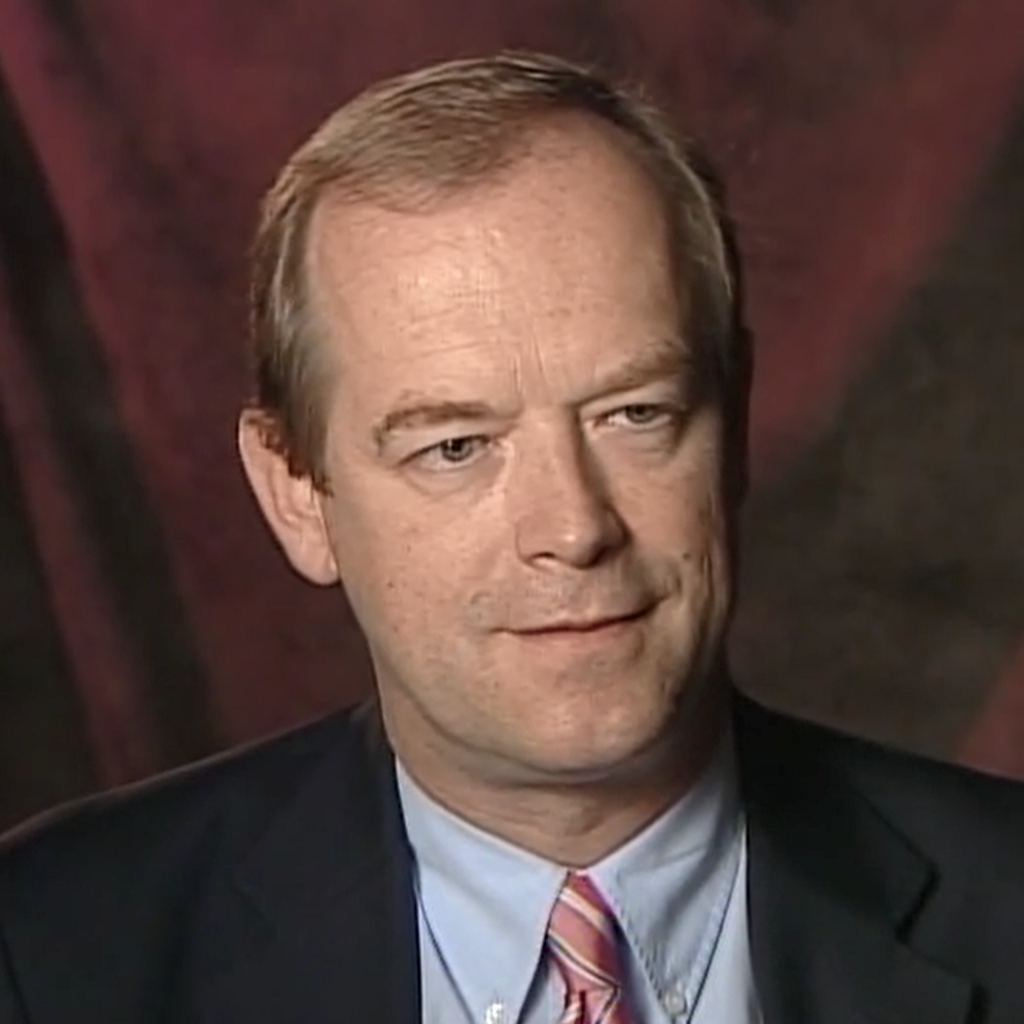The oral history videos in this series are sections of an interview with Dr. Michael Hallek, conducted by Dr. Gerald Marti at the National Institutes of Health on July 7, 2009. In this interview, Dr. Hallek tells the story of how he came to form the German CLL Study Group (DCLLSG) and the European Research Initiative on CLL (ERIC), and discusses these groups’ work on clinical research and treatment. The interview concludes with a discussion of where Dr. Hallek thought CLL research might be headed in the following years.
Collection

Hallek Interview Part 1: European Collaboration on Clinical Research
Dr. Michael Hallek recounts his early career in medicine and how his relationships with others led him to CLL research and inspired him to found the German CLL Study Group (DCLLSG), and later co-found the European Research Initiative on CLL (ERIC). The video concludes with a discussion of some of ERIC’s work on establishing standards and collaborating on clinical research.

Hallek Interview Part 2: Treatment of CLL
Dr. Michael Hallek discusses treatment of high-risk Binet stage A CLL patients and their inclusion in clinical trials performed by the German CLL Study Group (DCLLSG), the controversy over the inclusion of monoclonal B-cell lymphocytosis (MBL) in the iwCLL’s revision to the National Cancer Institute–sponsored Working Group’s (NCI-WG) 1996 guidelines, and the role of splenectomy in CLL treatment.

Hallek Interview Part 3: Clinical Trials in CLL
Dr. Michael Hallek discusses the benefits and challenges of using mouse models such as TCL1, NOD/SCID, and NZB in CLL drug trials and studies attempting to isolate potential cancer stem cells. Then, he discusses proposed trials comparing the effectiveness of various drug combinations and, hypothetically, how one might develop a study to determine whether certain types of chemical agents are linked to CLL.